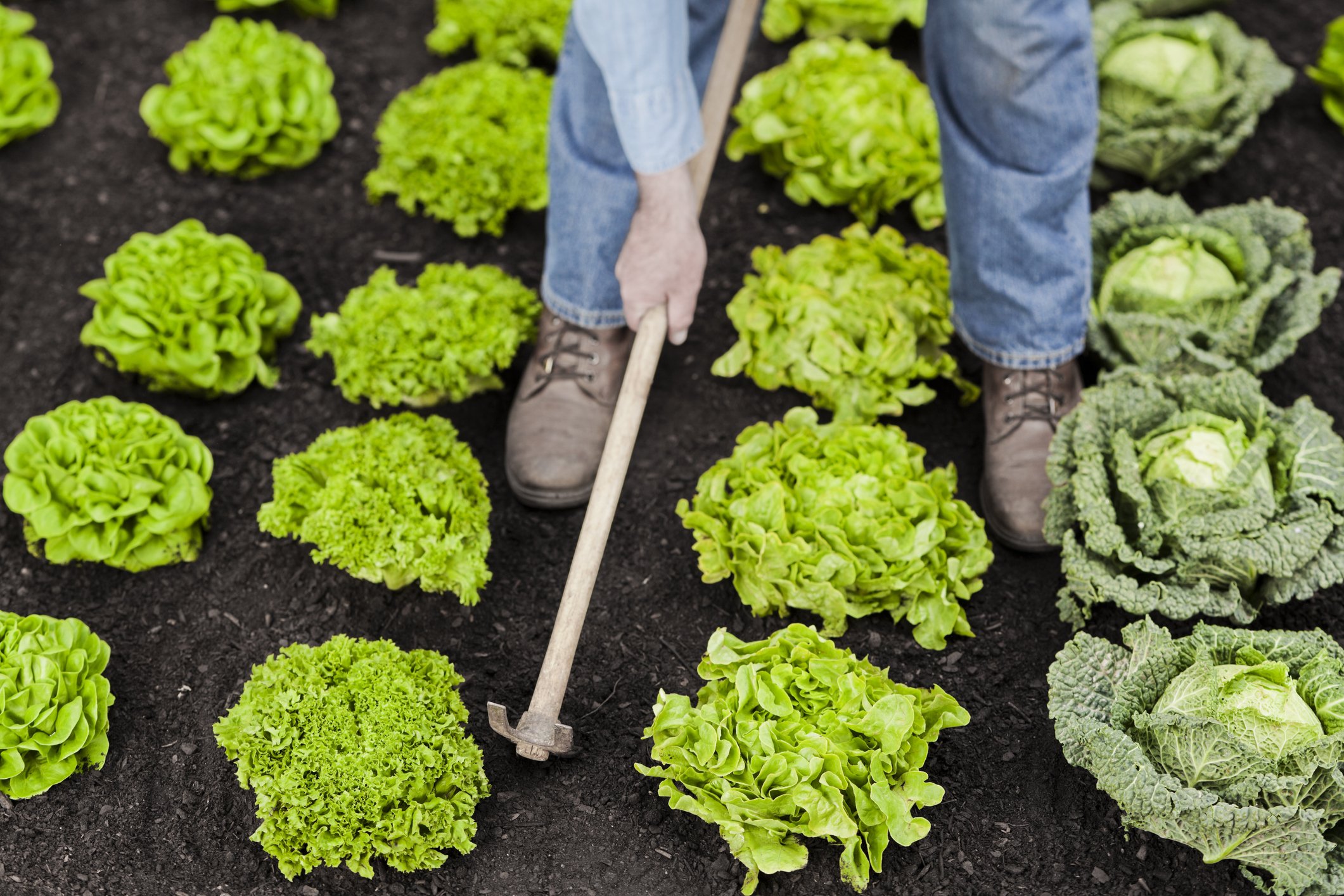
As inflation soars globally and New Zealand is hit by higher power, fuel and fertiliser costs, and a shortage of labour leading to higher wages, the costs are passed on from producers through higher prices at the checkout.
Figures from Stats NZ released last month show food prices were 10.1% higher in October this year compared with last year, and had reached a 14-year high.
‘‘This was the highest annual increase since November 2008,’’ consumer prices senior manager Nicola Growden said. The annual increase was due to increases across all the broad food categories measured. ‘‘Increasing prices for barn-raised eggs, cheddar cheese, and two-minute noodles were the largest drivers within grocery food,’’ she said. The second-largest contributor was fruit and vegetables. Potatoes, bananas and cabbages were the largest influences.
The Grocery Industry Competition Bill is ready for its first reading at Parliament.
It hopes to deliver consumers a fairer deal after the Commerce Commission found New Zealand supermarkets earn $1 million a day in excess profits.
As tempting as it might be to make the supermarket duopoly the villain in spiralling cost of living increases, many more factors affect rising food costs.
In the following linked stories, reporter Tracie Barrett discusses these factors with food producers.





